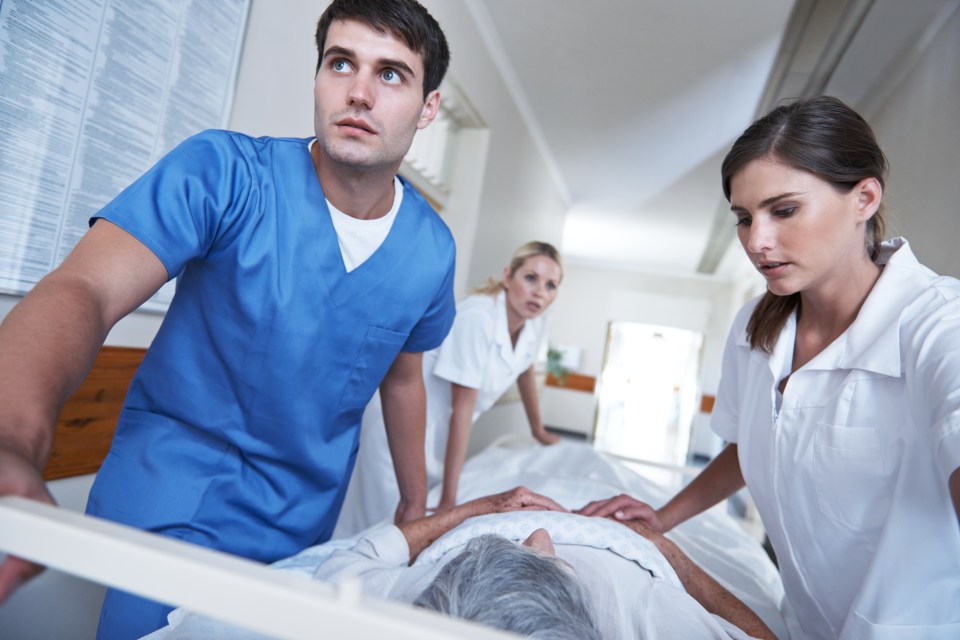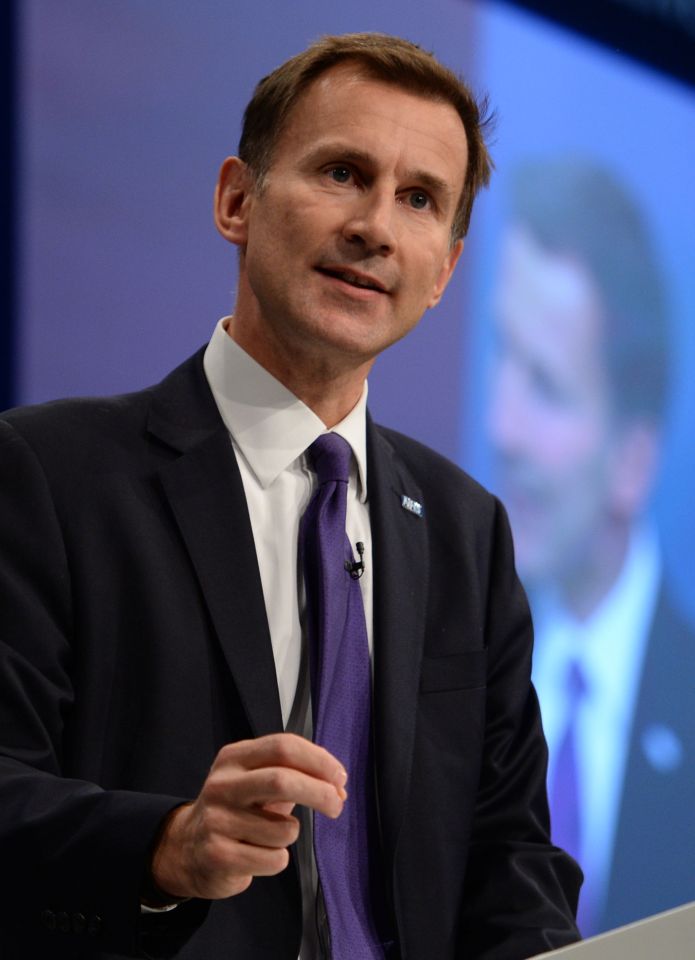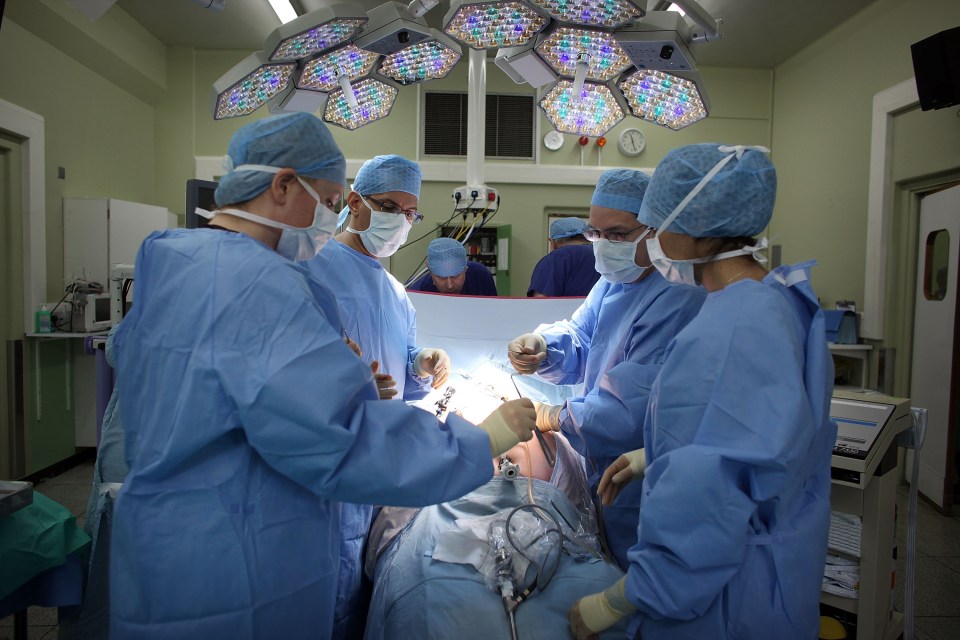Hospitals to be ranked on avoidable tragedies as NHS trusts are forced to publish unexpected deaths numbers
Health Secretary Jeremy Hunt said the move will help to ensure similar tragedies will not happen again

NHS hospitals are to be ranked on the number of avoidable deaths they suffer from next year.
Health Secretary Jeremy Hunt said the move would help avoid future tragedies.
It comes after a review by the care watchdog found “not a single NHS trust” is properly investigating unexpected deaths.
One relative said they got better treatment at the supermarket checkout.
Mr Hunt yesterday told MPs he accepted all the Care Quality Commission’s recommendations.
And he said every doctor and nurse will now receive training in how to deal with the bereaved.
NHS trusts will be required to collect and publish data on avoidable deaths from March 31.
The UK will be the first country in the world to do so.
Hospitals will also have to reveal what actions they have taken as a result of probes into such fatalities.
Mr Hunt said a new Healthcare Safety Investigation Branch will be modelled on the Rail Accident Investigation Branch, which took just a week to draw up its report into the fatal tram crash in Croydon, South London.
The CQC report found nine in ten families say their views were ignored. Investigations into deaths of those with mental problems or learning difficulties were also rated as particularly poor.
The Southern Health Trust sparked a scandal this year when it failed to look into more than 1,000 unexpected patient deaths.
Prof Sir Mike Richards, CQC Chief Inspector of Hospitals, said: “There is not a single NHS trust getting it completely right.”
'Crowd' compo claims

THE NHS is facing a flood of compo claims for not warning patients about the risks of overcrowded hospitals.
Lawyers say thousands, or the relatives of those who died, may have grounds for action.
Doctors have a legal duty to tell patients of risks before treatment.
But campaign group Cure the NHS says anyone harmed due to overcrowding may be able to sue the hospital.
Spokesman David Bowles said: “Thousands of claims could follow.”















